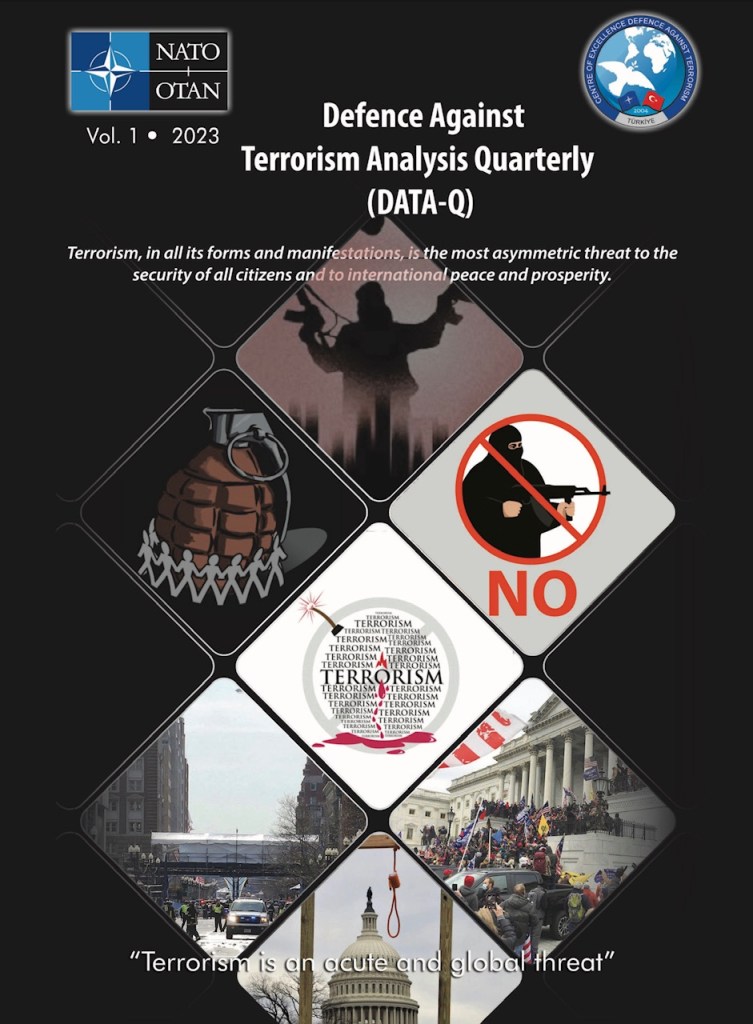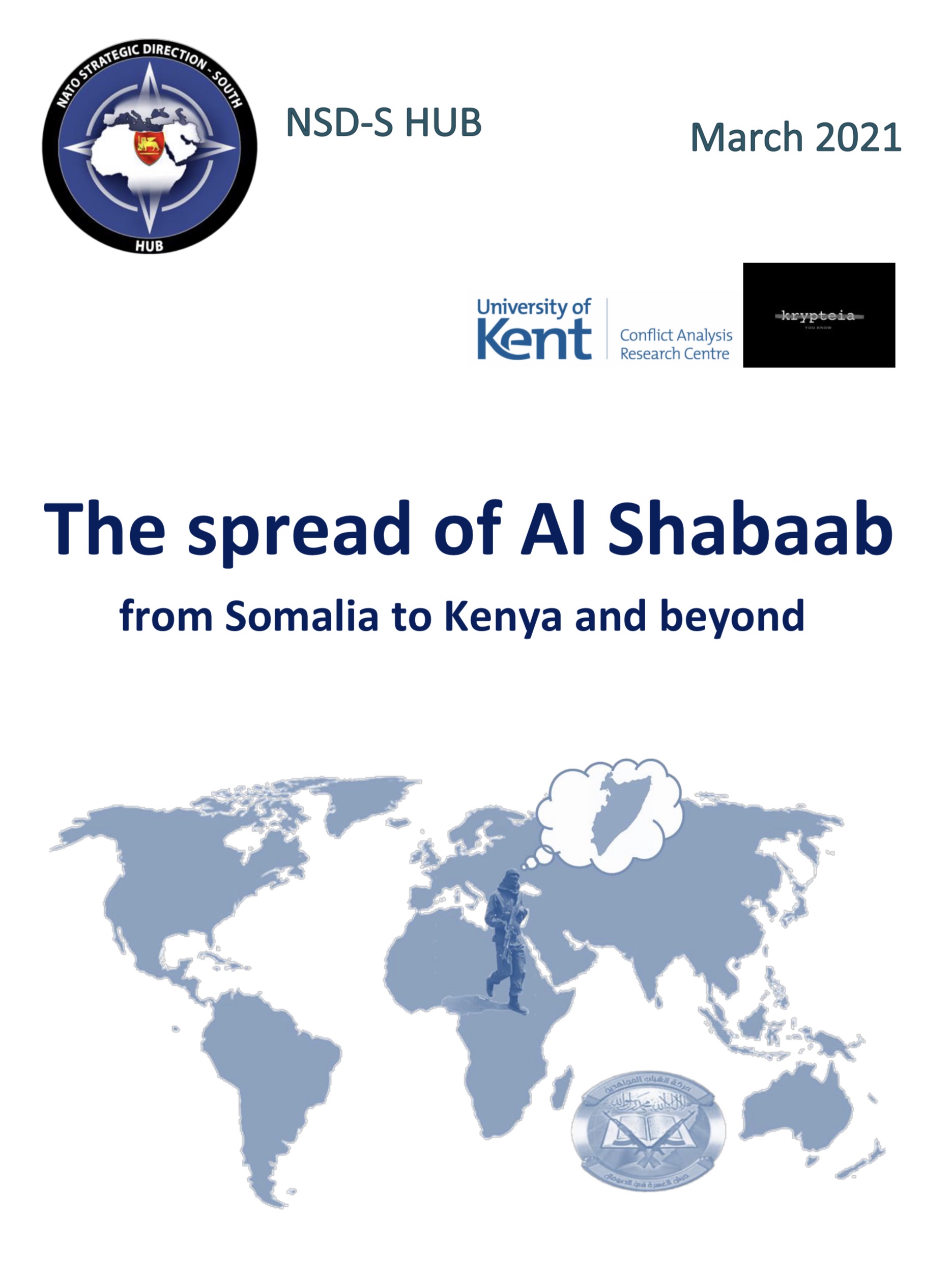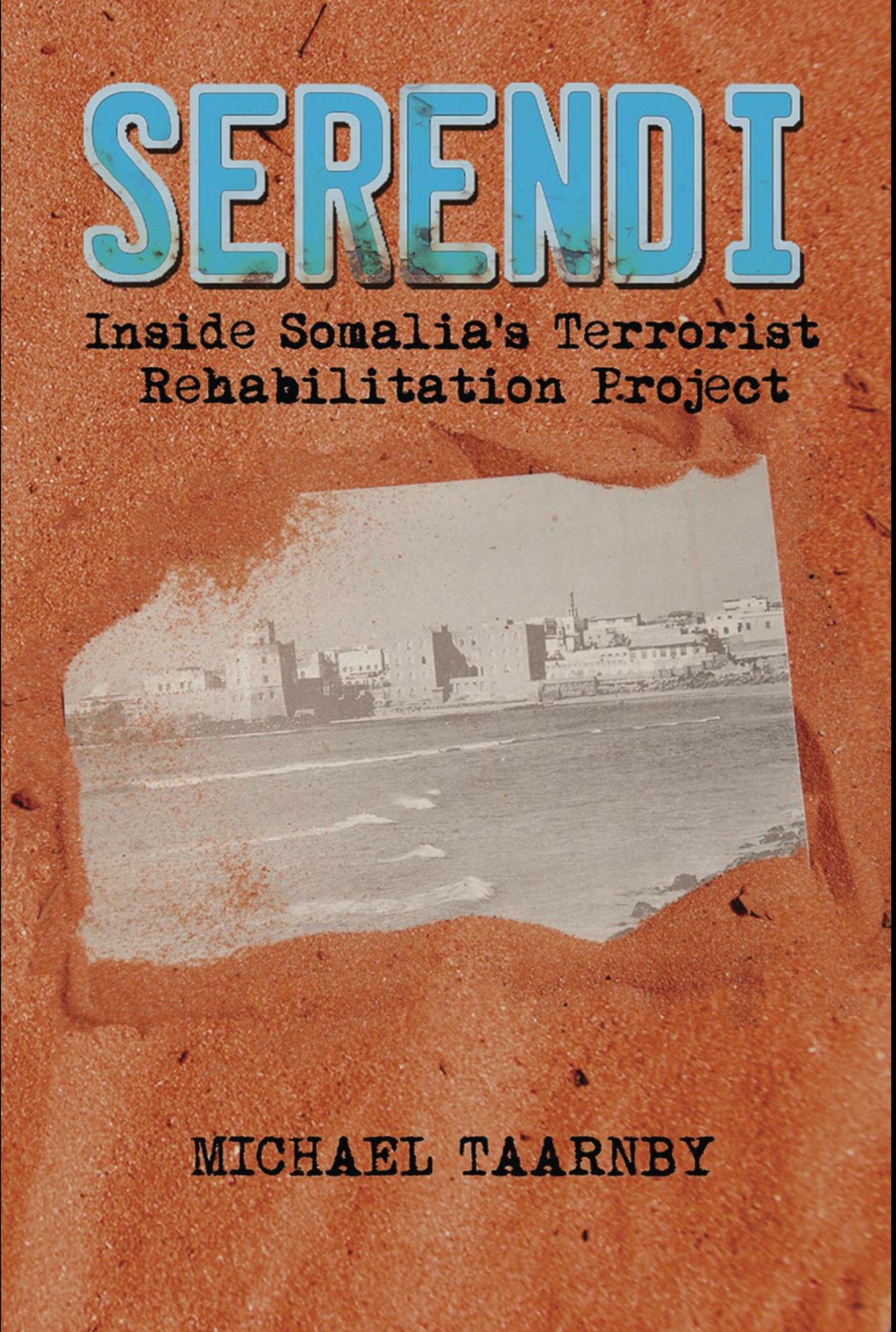
l-to-r: the President meets a member of the Communist Party of China in Beijing; the new UN SRSG, Nicholas Haysom; the PM visits an injured MP; and 9 year old Deqa Dahir, shot dead by security forces
SEPTEMBER began with the President in Beijing for a major international conference on cooperation where he met, amongst others, his Egyptian counterpart. Later in the month the World Bank resumed grant aids to Somalia and the EU and others announced major funding commitments.
But corruption remained, with a Ministry of Finance project halted and the Permanent Secretary to the Minister of Petroleum suspended. Germany also suspended its support to a road-building project in Puntland, citing not just corruption but also incompetence, or its more polite cousin, non-delivery. The response was less polite.
Elsewhere in the international community, the UN SRSG, Michael Keating, was replaced by a South African, Nicholas Haysom. In the absence of the President or the Prime Minister, the Minister of Foreign Affairs represented Somalia at the UN General Assembly and called for an end to sanctions.
Meanwhile, elsewhere in the FMSs, the Speaker of Galmudug was ejected and a by-election resulted in a fraternal handover to the former Minister of Immigration and DG NISA, Gafoow. In Mogadishu the former Deputy DG NISA was stripped of all his rights after expressing some forthright views in a local radio interview. Robow returned to SW State but did not yet declare his candidacy for the Presidential election in NOV18.
The major event of the month was the meeting of the Council for Inter-state Cooperation (CIC), which ended with a call for non-cooperation with the FGS. FMS Presidents refused to attend the National Security Council and many MPs boycotted the re-opening of parliament. That said, the posture of the FMSs was not consistent at either the Presidential level or elsewhere, with SW State President giving contradictory statements, HirShabelle apparently relenting and other members of the State Authorities (and citizens) disagreeing with the move. Delegations were dispatched to the FMSs in attempt to divide and conquer the non-cooperationists.
aS continued to be the subject of strikes, be they by drone, air or Special Operations Forces, but seemed to get the hang of countering these operations, claiming that one strike against an aS commander in Saakow in Middle Jubba damaged a school and a hospital. aS launched its own operations, of course, targeting government buildings in Mogadishu with apparent ease and encroaching slowly on the capital’s environs. aS also continued its campaign of assassinations, including car-bomb attacks on an MP and a well-known academic – many interpreted these attacks as aS being used to do other’s dirty work. Kenya sought to fill a gap by offering an amnesty to Kenyan nationals fighting with aS (a group that includes Somali and non-ethnic Somali Kenyan citizens, as well as a number of female camp-followers).
Somalia’s shame, FGM, continued to grab the international headlines, with two sisters dying during the botched vandalism of their genitals, followed by another young girl a few days later. Being female in Somalia continued to be a broadly negative experience: two women died as a result of domestic violence and then a 9 year old girl was shot dead and many of her classmates injured when off-the-lead members of the security forces hosed a school bus with small arms fire under the guise of ‘traffic control’.
As a result of the incident the question of impunity arose, and then grew legs when members of a major clan burned a member of the oft-persecuted minority Bantu alive because his nephew had married one of the major clan’s womenfolk: while outrage was forthcoming, justice did not seem to be, nor did societal progression.














